In this article, I mention Google Ads a lot, but “Google Ads” could easily be swapped with creative, Facebook Ads, SEO, email marketing, copywriting, design, or anything else.
We all know why in-house teams can be a sought-after option. It’s cheaper, and no matter how close a relationship you have, it’s ultimately easier to work with someone sitting across the table than in another location.
Before you think this will just be a rant on why in-house teams are bad, then you should know that we offer services across the board, so we can play with advertisers on different spectrums: roadmaps, in-house sparring, and active PPC management.
So I don’t have a strong opinion on what’s the right thing to do.
In-house teams can be great. Agencies can be great. It comes down to a couple of key factors:
- What competencies do you have in-house? Can you support/vet/coach an in-house employee?
- How easy is it to hire for the position for your specific company?
- Can agencies bring anything unique to the table that you can’t buy in-house? (tools, access, knowledge, frameworks).
I disagree with the mindset that any PPC manager can do the same job as an agency.
Or that you can hire a PPC manager, and then never think of how to coach them to become better or providing qualitative feedback, which I’ll elaborate on in this article.
But first, the case for taking agency services in-house:
What Core Competency is Your Company Based On?
I once heard a speaker talk about how it was crucial that his company manage all digital marketing efforts internally as a core competence. He challenged everyone in the building to do the same; that it would be cheaper, faster, and better internally.
He argued that if he could do it, everyone could. He also argued that he had to push hard for every single hire he wanted.
Do you know what his team size was? 31. Yes, 31!
They are the sixth biggest eCommerce store in Denmark.
And he had the nerve to say that everyone could—SHOULD—hire in-house staff for all marketing efforts.
That suggestion is completely outside the reality for many mid-sized companies, not to mention many of the smaller companies in the audience.
- But he did have a point despite his very one-sided worldview. You should know what core competencies that you a) have the resources to support internally and b) that will give you a competitive edge.
I’ve talked to companies that have a founder who is great at Google Ads. Their account is set up about 80 percent of the way, and it’s running with good, steady results.
At some point down the line, they try to hire a random agency because that’s what you’re supposed to do, right? Free up time for the founder to focus on what they’re good at—running the business. The thing is: the agency almost always flunks.
Then they hire someone in-house to manage the setup, and they severely doubt why so many companies hire agencies. They simply can’t grasp it—it’s a waste of money, according to them.
What those founders miss is the fact that not everyone is good at Google Ads. People with strong spreadsheet skills, above-average math skills, and a hunger to learn will undoubtedly be able to learn Google Ads in a couple of years running their own account.
With a founder or head of marketing who’s good at Google Ads means you can more easily hire for that role. You know how to assess whether a person is a good or bad fit. You are able to provide feedback and challenge the person managing the account.
If you don’t have the ability to do this internally, it’ll be a lot tougher to hire people for the role no matter which one it is.
Taking Activities In-House That You’ve Built Your Company On
As a great example, I heard the Mizzen+Main founder talk about how important it was for them to own their creative.In other words, their story and how they tell that story.
Content/Creative/Stories are such key parts of their competitive edge that if they outsourced this part, they would become like everyone else—or looking at it differently—everyone could become like them.
They had an awesome approach with JJ Watt and Phil Mickelson. Their product was inherently visual. It’s great on video:
https://www.youtube.com/watch?v=33rbQFSb7Pchttps://www.youtube.com/watch?time_continue=1&v=NfYsiLnKwD4
Owning and mastering their creative, tone of voice, and other brand elements were their competitive edge. It catapulted a great company into stardom.
That’s such an important perspective when thinking of what areas you should have in-house. If the area is so important for your business that it’s a competitive edge, then outsourcing it will undoubtedly cause problems in the long term.
Another take is that when you take areas that are considered “competitive edges” in-house, you will invest more resources into building that skill. As a result, it will increase the return of having that skill internally.
In-House Teams Have the Advantage of Rarely Being Limited on Time
They’re part of the business meetings. They eat, breathe, and sleep the products they’re selling.
So when they see a good idea, they’re much more likely to relate it to their own company and think of a way to use it.
That’s something you don’t get with most agencies.
In-house teams are almost always better at thinking outside the box on broader topics.
At an agency, you buy a specific framework. In some circumstances, that framework is specifically to help you think outside the box. But often it’s not. I’ve seen in-house people come up with initiatives that we would have never suggested.
It All Depends on Size
You can’t talk about outsourcing vs. in-house without touching on company size.
Because the size of the company is a huge factor whether you can successfully hire and keep in-house talent.
I know many people who have gone in-house and have loved it.
I know many who have gone in-house and ran away screaming.
The same thing goes for the agency-side of course.
In many cases, the size of the company pertained to whether they liked working in-house or not.
The bigger the company, the more work there is and the more exciting tasks there are.
The smaller the company, the more you’ll stagnate in a specialized position, so having a wide area of responsibility is key.
It’s Not All Sunshine and Butterflies
Now it’s my turn to put on my agency hat and talk a bit about the negatives.
This isn’t meant to dissuade you from going the in-house route. This is meant for you to understand some of the challenges of hiring in-house teams.
The Best In-House Employees Get Bored
This is very paradoxical. Unless you are the Momondos, Nikes, or Caspers of the world, then your in-house staff will get bored doing the same thing year after year. This means that they will have a healthy sense of expanding their responsibilities to other areas of your business, which is awesome!
And it’s exactly what you want from your star in-house marketers.
But it also means that there will be less focus on what they were supposed to take care of originally. All those low-end tasks that you were saving so much money on by not hiring an agency to oversee are now not being done at all.
This is a major struggle for many in-house positions.
Duh, Andrew – Just Hire a Junior!
The common solution is to go for hiring a Junior. And that will work in some cases.
But it’s not a magic pill.
I’ll just shortlist some of the challenges:
- The Senior PPC specialist is not great at teaching others, so performance decreases.
- The Senior is not great at managing a Junior, which creates tension, and the Senior is left overwhelmed.
- The original expense is now increased by 50 to70 percent and might mean an agency was a better ROI.
- The Junior hire makes major mistakes that the Senior must clean up (if she even catches the mistakes), which again leaves the Senior overwhelmed.
And more. These are scenarios that great agencies have perfected. The internal processes to hire, train, and manage are at the core of a great agency. The same can’t be said for all in-house teams.
Hiring In-House Can Be Detrimental to Your Business
I’ve reviewed accounts for very well-known eCommerce companies where the entire Google Ads setup was made up of Dynamic Search Ads and limited Google Shopping campaigns, which isn’t good. They were growing year-over-year and hitting ROAS targets.
But it could be so much more.
I’m not the kind of person who says that all accounts should run on our framework. I routinely praise in-house teams for thinking outside the box and not just succumbing to “best practices.”
But sometimes, the setups are just not good enough and scream for an external second look.
Stimulate In-House Teams & Don’t Let Sit in a Silo
This might be the biggest challenge with in-house teams. All the positives that come with them, like added business knowledge, a love for writing inspiring ad copy, and a lower cost of executing are lost when all they do is Google Ads. They get bored. They don’t get new ideas on what to do. They don’t get inspired. They don’t get feedback or receive any sparring. Everything will be the first time they see something.
Just in the last month, I’ve opened two in-house accounts where they couldn’t figure out why performance was declining. In both cases, I solved it in five minutes during the initial assessment.
One had a redirect error on their home page, and the other had missed setting up referral exclusions when they changed their payment gateway.
In the latter example, this had meant a net loss of 10,000+ conversions over four months. Not just in untracked conversions, but because the entire account ran on Smart Bidding. This meant that bids had been drastically decreased due to the lack of conversions.
These are the kinds of scenarios, along with many more, that you become intimately familiar with when you work in an agency setting.
It’s not because you’re smarter. It’s because you have seen almost everything before. And when you haven’t seen something before, then you have multiple people internally—and externally—that you can spar with to get other perspectives on how to solve the issue.
I couldn’t find the person behind this picture, but I want to credit that person.
A 1-to-1 Relationship of Salary vs. Fees Won’t Stick
Especially smaller companies look at the agency fee and compare it to an in-house position thinking that they can get so much more out of that position if they hired someone internally.
At SavvyRevenue, we joke that the best clients are established companies who have:
- Tried to run Google Ads internally
- Hired one to two agencies before
- Tried to run Google Ads again
- And then have given up
Because they know the grass isn’t greener. Our worst-case client is almost always one that hasn’t tried anyone else before. Because we know they’ll cancel within 12-18 months because of the “the grass is greener” effect.
But equating paying a full-time employee salary to an agency, then you’re likely to get someone in-house that misses the point.
At an agency, you (should) be buying the competencies of the entire agency:
- The intellectual property they produce
- The scripts they make
- The tools they have
- The founding team members
- The specialists across various functions
That’s what should be getting when you hire a great PPC agency. Not just the individual working on your account.
Andrew, now you’re just bashing in-house teams
As we read this article internally before publishing, we knew that almost everyone reading this article would already see me as being negative about in-house teams.
I’m not.
I love them.
At the size SavvyRevenue is in 2020, I wouldn’t take many of the clients on that normally would require an in-house team. Assigning 1-2 full-time people to a single client would simply be too much of a risk for us.
But I think many companies have a very one-sided idea of what it takes to manage in-house marketing employees. The resources it takes to attract them, keep them motivated, improve their skills and getting the most out of them are not on the lighter side.
Especially on the side of motivating and improving their skills, we have a couple of suggestions listed in priority:
1. Hire an agency: The amount of value you can get when you are just hiring an agency for sparring and strategy, but implementing in-house is insane in my opinion (but I’m also very biased)
2. Set up your own networking group: Find five other companies with 1-2 person in-house teams and have them meet monthly within working hours. The knowledge sharing will be immense and you’ll make sure they never work in a silo.
3. Know your limits: Don’t hire employees that you know you can’t challenge or retain in the future. Don’t place all your bets on one person.
4. Send your employees to conferences: I love and hate conferences. Once you get to a certain skill-level there is nothing to learn at conferences. But when you are a beginner/intermediate they can be amazing resources for learning.
So there you have it. Our thoughts on how you can get the most out of in-house teams.
And if any of this peaked your interest for getting another set of eyes on your Google Ads account, check out our Google Ads Roadmap 😉


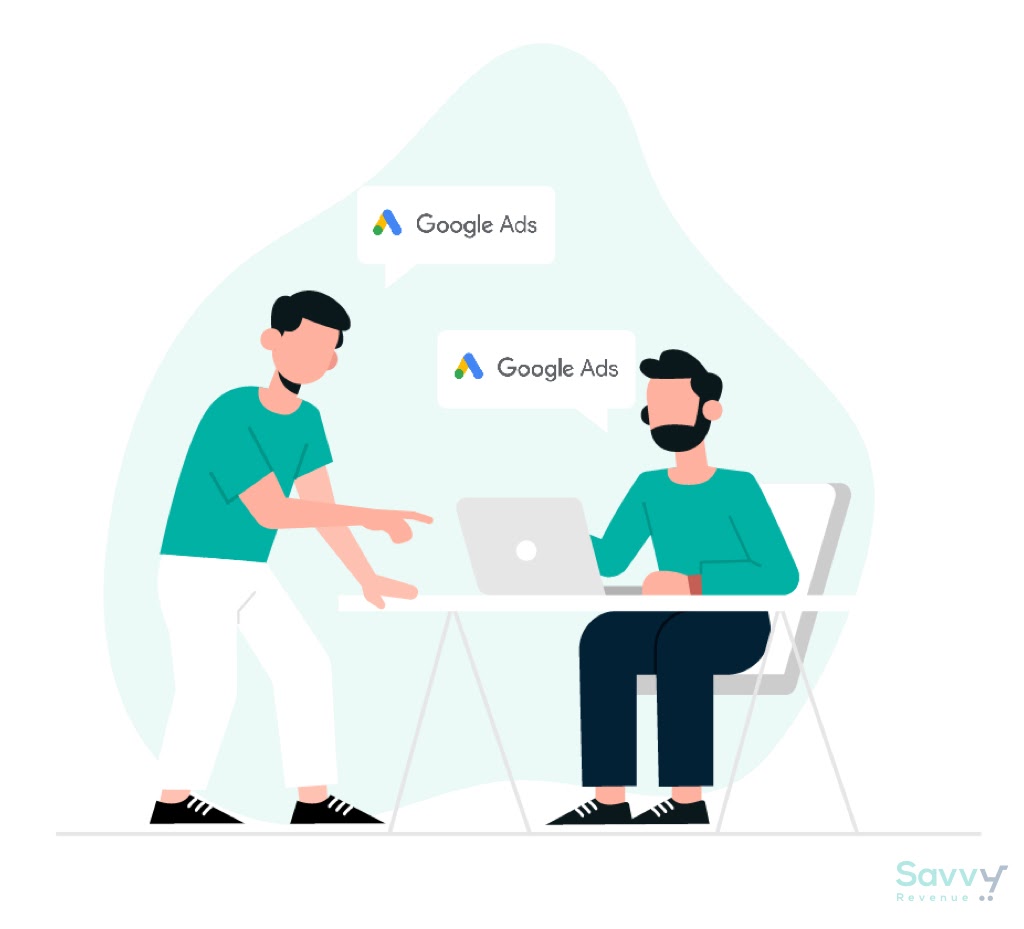
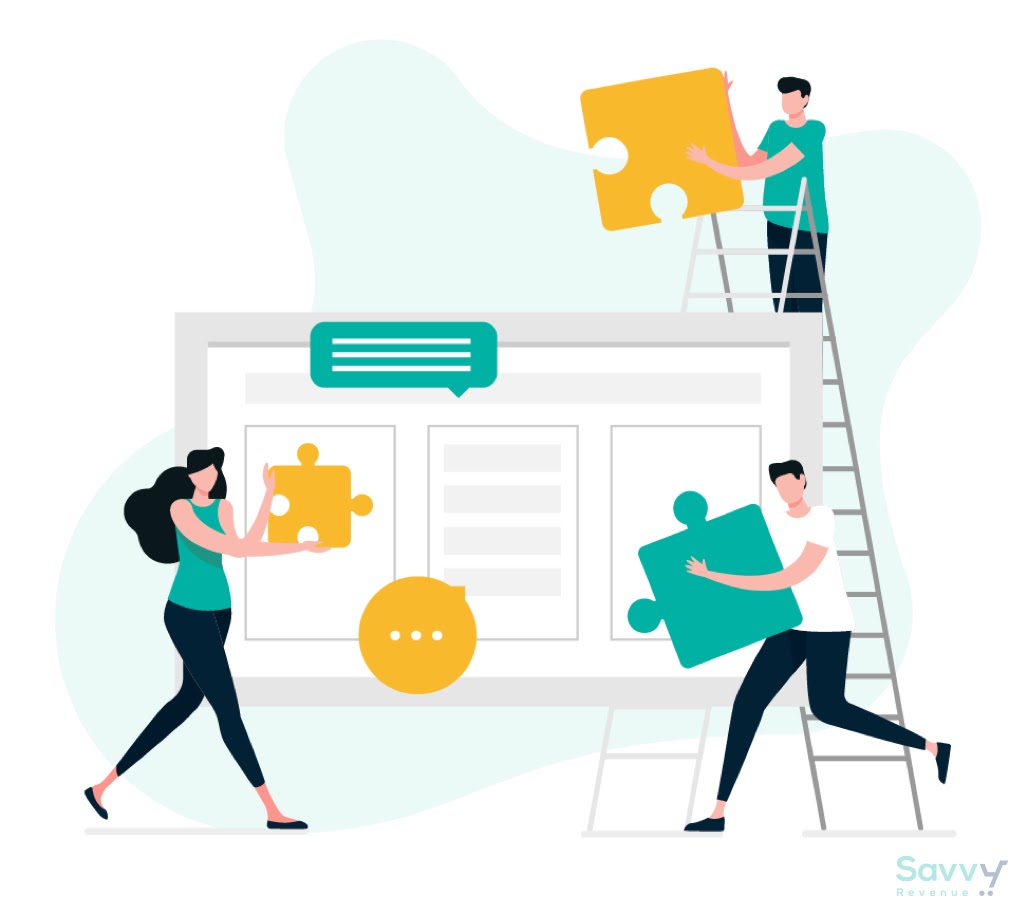

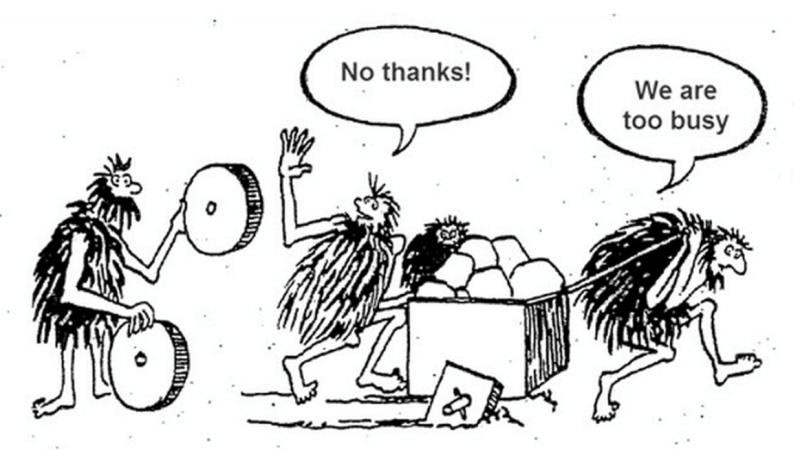




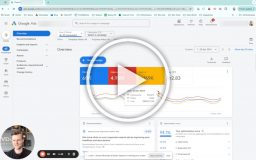


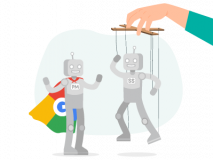

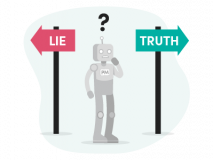
1 thoughts on “In-house vs Outsourcing Google Ads: The Opportunities and The Dangers”
Thanks Andrew, I’ve worked for agencies and in-house teams and currently work for an agency. Your article brought up a lot of often overlooked perspectives about stagnation, siloing, and benefits of teaming up with others for fresh perspectives.